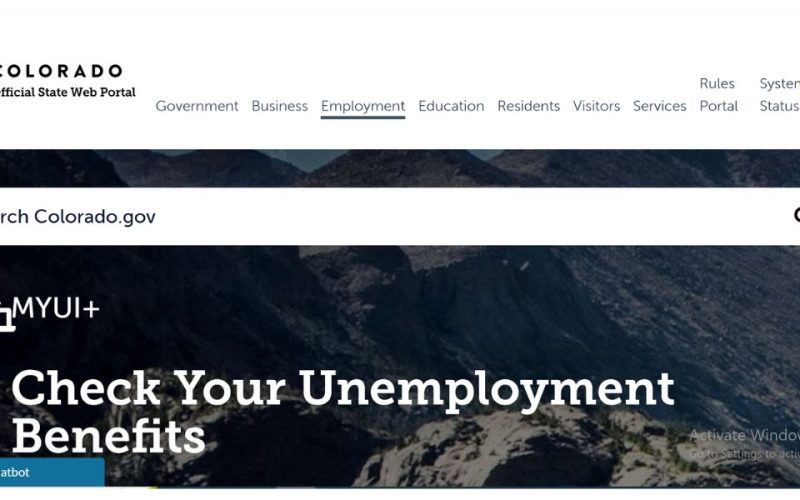Colorado’s Unemployment Benefits for Undocumented Workers Draw Praise and Spark Debate
Colorado continues to break new ground in immigration policy, offering unemployment benefits to undocumented workers under its Benefit Recovery Fund. The program, established in 2020, allows undocumented individuals who lose their jobs through no fault of their own to claim up to $809 per week for 13 weeks, provided they meet certain eligibility criteria.
This policy comes as a lifeline for many migrants, including Venezuelan newcomers to the United States, who often face limited employment opportunities and precarious work conditions. For those who manage to secure employment as W-2 workers and have taxes deducted from their paychecks, the fund ensures they receive some financial security during periods of joblessness.
How It Works
The Benefit Recovery Fund operates independently of traditional state unemployment insurance and explicitly excludes U.S. citizens, green card holders, and other work-authorized residents, according to the state website. Eligible applicants must:
- Be at least 16 years old.
- Have worked as a W-2 employee within the past 15–18 months.
- Provide proper documentation, including a government-issued ID, W-2 forms or pay stubs, and an employer separation form.
This initiative highlights an often-overlooked reality: undocumented migrants contribute to the economy by paying taxes yet typically don’t benefit from programs like Social Security.
A Boon for Migrants and Local Economies
Immigrant advocacy groups have praised the Benefit Recovery Fund as a step toward economic equity, emphasizing the contributions of undocumented workers to local economies. According to New York City Comptroller Brad Lander, migrants, including those without legal status, are an economic asset. Reducing their numbers would result in billions of dollars in lost revenue nationwide, he noted.
Research supports this view. A study from Boston University’s The Brink revealed that migrants often bolster local economies rather than displace native workers. Economist Tarek Hassan’s research shows that immigrants drive innovation, increase wages, and attract foreign investment, with the positive effects lasting for decades.
“Migrants don’t steal jobs from Americans—they invigorate economies,” Hassan said. “When immigrants move into an area, native workers often follow, drawn by opportunities created by a revitalized economy.”
A Controversial Policy
Despite its benefits, Colorado’s policy has not been without controversy. Critics argue that offering unemployment benefits to undocumented workers could incentivize illegal immigration or strain state resources. Proponents counter that the fund is not drawn from traditional unemployment insurance and instead represents a pragmatic response to economic realities.
Undocumented workers are integral to essential sectors such as agriculture, construction, and hospitality, advocates point out, and providing them with a safety net during economic downturns ultimately benefits the broader economy.
A Model for Other States?
As states like Colorado and New York City grapple with a surge in Venezuelan migrants and others fleeing economic and political turmoil, the success of initiatives like the Benefit Recovery Fund could inspire similar policies elsewhere.
Andrea Delgado, an immigration advocate in Denver, summed up the significance of the program: “This isn’t just about fairness—it’s about recognizing the humanity and contributions of all workers. Programs like these prove that we can build economies that include everyone.”
Colorado’s approach is being closely watched as a test case for balancing economic growth, social equity, and immigration policy in the United States.










